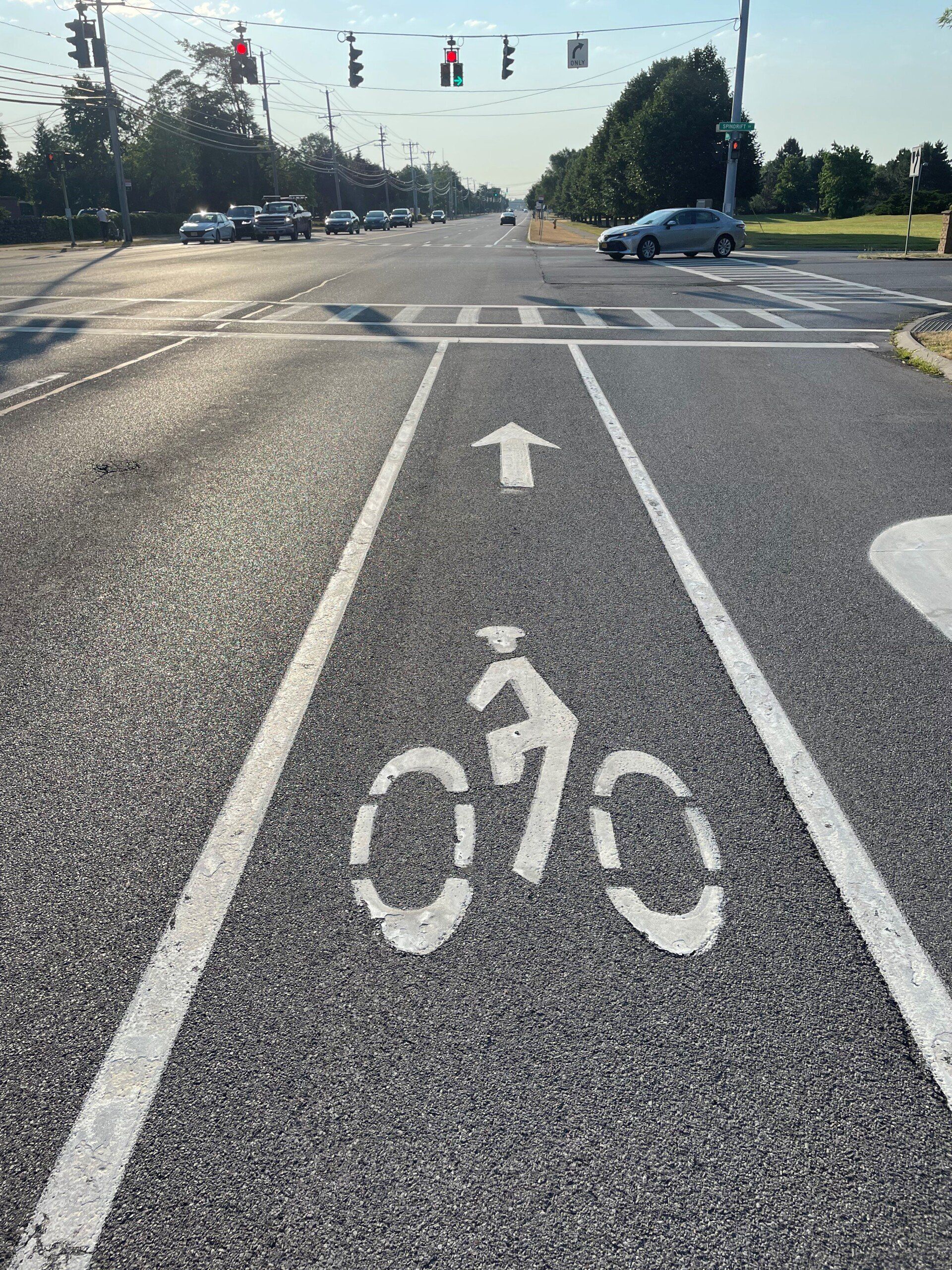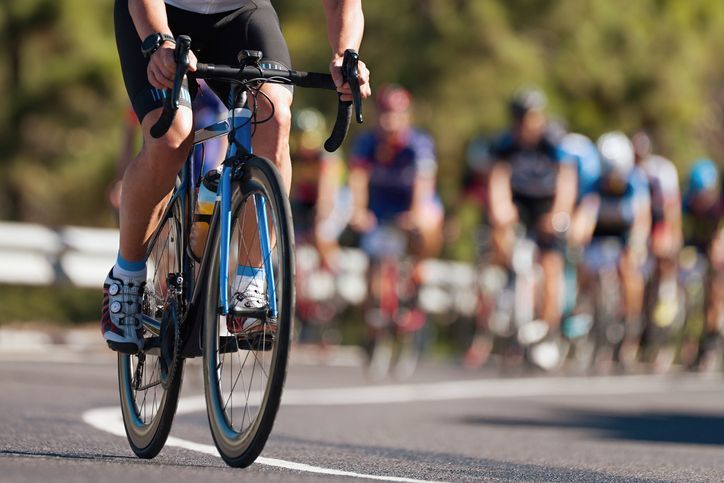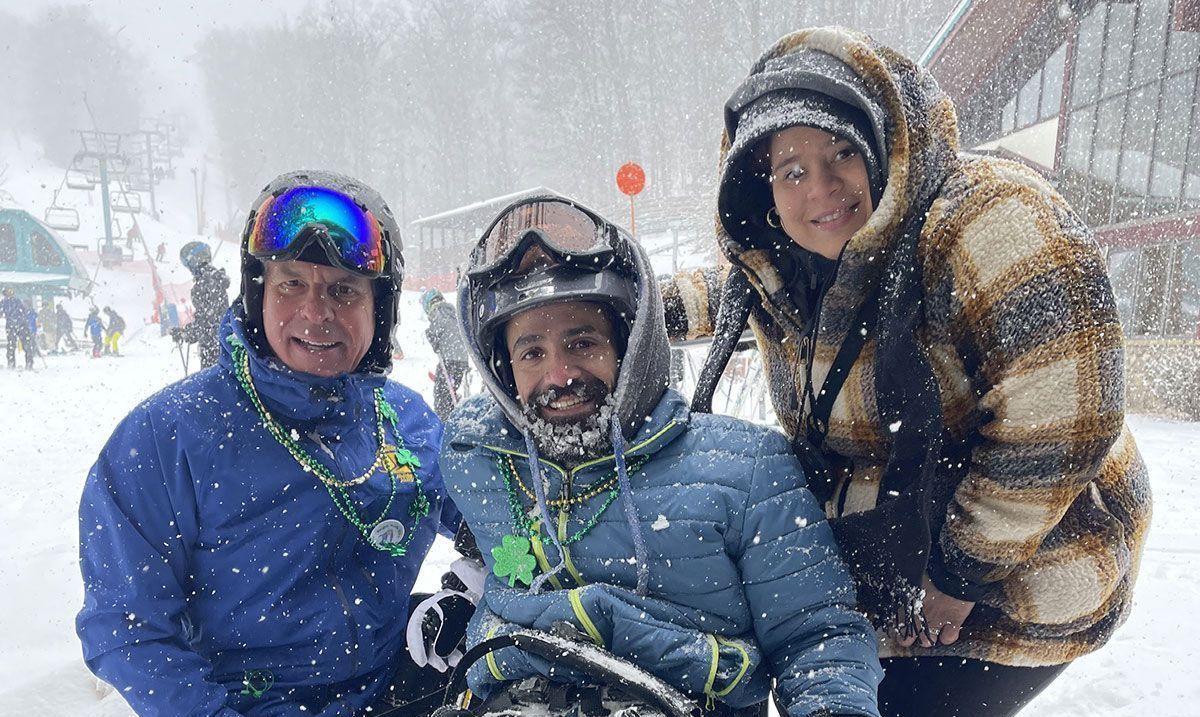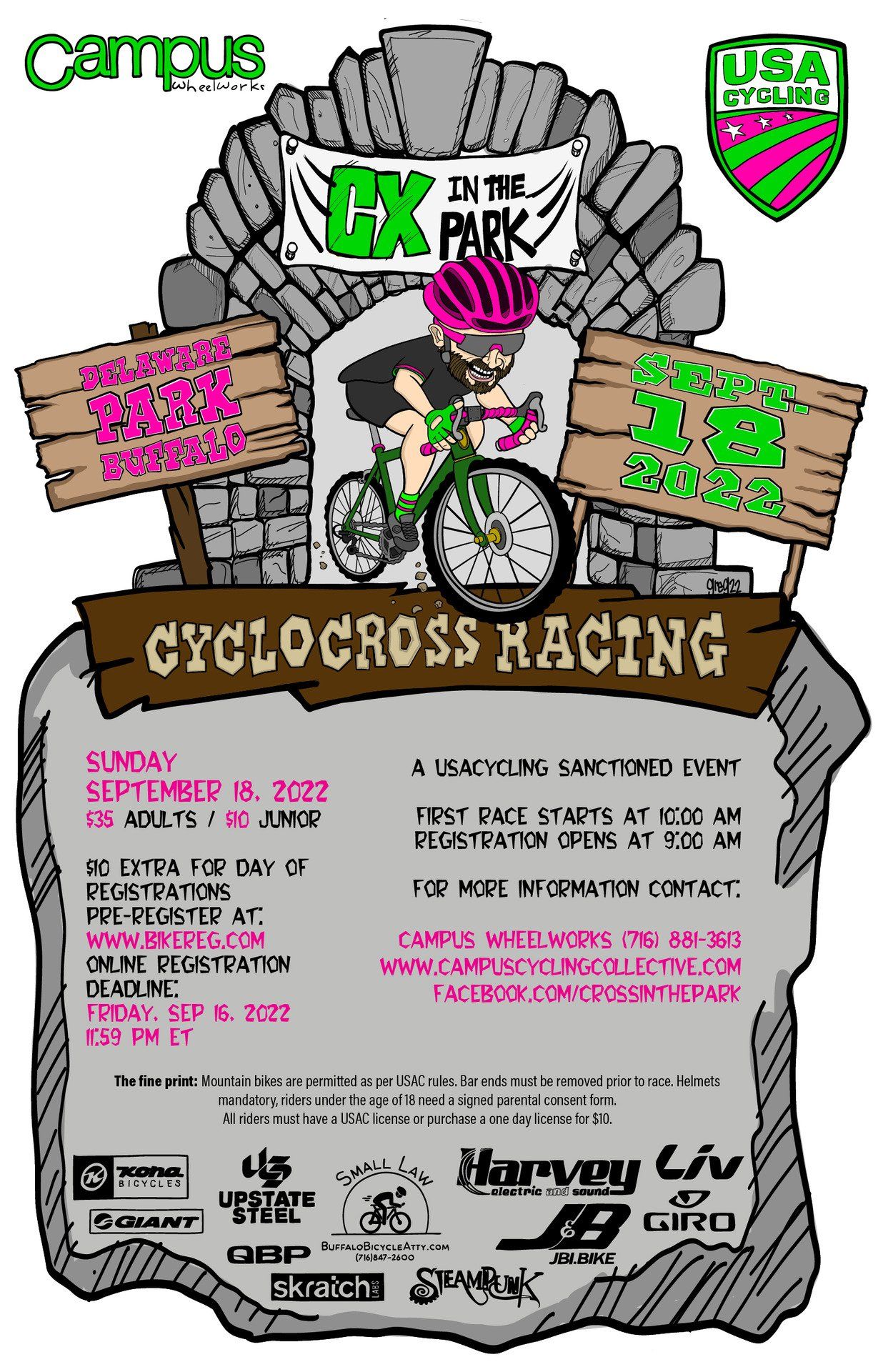
ADAPTIVE EQUIPMENT FOR THE BLIND/VISUALLY IMPAIRED
Blind/visually impaired people are perhaps the most patronized members of society. The historical misconception of blind/visually impaired people is that they are inferior and helpless. The public often makes false assumptions about blind people-for example: they are not intelligent or are unable to take care of themselves.
Organization is key to any blind person living independently or with someone. Safety is a priority! In order to cook, clean and do laundry, the dials on your appliances would need to be marked. Braille tags, rubber bands, and raised dots can be used to identify food, clothing, and containers.
Having things where they belong can reduce frustration when you are trying to locate items. Putting things in the same place reduces the risk of possibly knocking things over and having an unnecessary clean up.
Here are some different types of equipment used by blind/visually impaired individuals to increase and enhance their independence at home and in the community.
Many items that the blind/visually impaired use have voice synthesizers. There are talking clocks, watches, scales, computers, calculators, etc. This also includes medical equipment such as thermometers and blood pressure cuffs.
Although many people who are blind/visually impaired have different methods of folding their currency, there is a device that will read the denominations of paper money. It is called the iBill Talking Money Identifier. There is another device that will tell you the color of items such as clothing, linens, bedding etc. It will also indicate if there is a light on in the room. This is called a Color Identifier-Light Detector.
There are playing cards, games, books, and magazines that have been adapted for the blind/visually impaired. Scanners are available to read printed materials; however, they are unable to read handwritten letters or correspondence.
As a Certified Rehabilitation Teacher for the Blind/Visually Impaired, I have taught individuals to utilize the above aids to develop skills and techniques to increase their independence in their daily life. Some of these skills include the use of a vacuum cleaner, sewing machine to make some basic stitches, thread a needle, and sew on a button.
As a person who is blind, I would like to be able to drive. I am waiting for the car that I can program to take me where and when I want to go!
I will leave you with a tip. I am sure that sometime in your life you have done laundry and washed your socks, and when they came out of the dryer you were missing one. I have told people that when they die they will be reunited with their missing socks. I am just kidding. Just pin your socks together, wash and dry them, and you will never lose a sock again. However, you may lose a pair.
Some of the items mentioned in this article are available through Maxiaids at www.maxiaids.com

424 Main Street, Ste 1904 ❖ Buffalo, NY 14202 ❖ (716) 847-2600
Serving Amherst, Batavia, Buffalo, Niagara Falls, Cheektowaga, Clarence, Hamburg, Lancaster, Orchard Park, West Seneca, Rochester, Syracuse, NY & the Surrounding Community
ATTORNEY ADVERTISING




